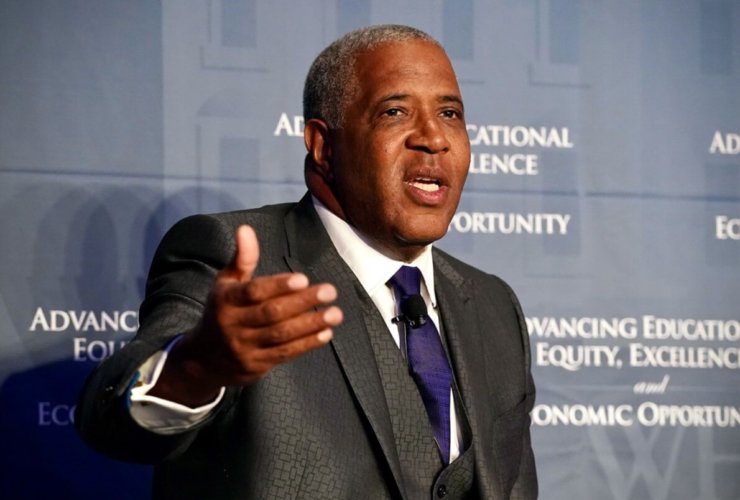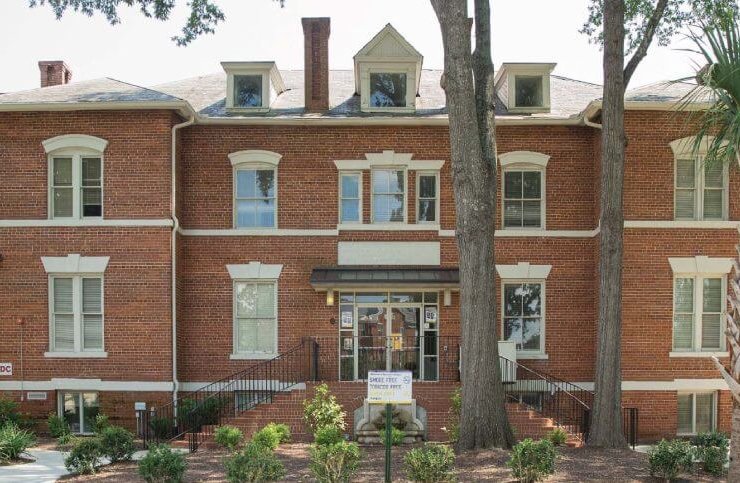THE LOCAL INITIATIVES SUPPORT CORPORATION (LISC)
The Local Initiatives Support Corporation (LISC) started in 1979 with funding from the Ford Foundation to connect hard-to-tap public and private resources with underinvested places and people working to access opportunities afforded to people living outside of these communities. The premise is still as it was then: government, foundations, and for-profit companies have the capital; residents and local institutions understand the need, and LISC helps bridge the gap by offering the relationships and expertise to assist community organizations in attracting the kinds of resources that allow them to do their best work.
The Ford Foundation officials that conceived the idea for LISC used their connections and abilities to pool public and private dollars to be made available to finance the work of rebuilding underinvested neighborhoods. The financing provided by this effort has so far, generated $1.5 billion in grants, $5 billion in loans, and $20 billion in equity, resulting in $75 billion in total development investment to rebuild underinvested neighborhoods.
The work financed by the public and private dollars pooled by LISC is determined by the residents and local institutions living in these underinvested neighborhoods in partnership with LISC. This work includes creating affordable housing, renovating a retail corridor, or constructing a new school, recreation center, or office building. LISC’s work has resulted in 463,215 affordable homes and apartments, and 78.5 million square feet of commercial retail and community space.
To successfully do this work LISC currently operates 38 local offices that provide staff with the expertise needed to create working relationships in hundreds of rural communities across the country. In collaboration with local community organizations and residents, LISC helps identify priorities and challenges, formulate strategies to address them, and offer the most effective support possible to meet the needs on the ground. LISC is in more places than any other community development organization.
Like LISC, Historical Black Colleges and Universities (HBCUs) were also founded to connect hard-to-tap public and private resources with underinvested places and people working to access opportunities everyone in the US deserves. HBCUs focused
on providing black students with the educational skills needed to train an illiterate community and workforce on how to survive in a market economy.
The landmark study, HBCUs Make America Strong: The Positive Economic Impact of Historically Black Colleges and Universities—commissioned by UNCF’s Frederick D. Patterson Research Institute—shows that the economic benefits of HBCUs extend beyond the students they educate. They’re equally important to the regions and communities that HBCUs have served for more than 100 years.
This study is the first of its kind. It sets forth the benefits HBCUs produce in detailed, dollar-and-cents terms. It shows that money spent in, around, and by the nation’s HBCUs and their students drives economic growth both on and off campus—and that effect is multiplied over time. Each dollar spent creates far more than a dollar’s worth of productive activity as it moves through local, regional, and national economies. In total, the nation’s HBCUs generate $14.8 billion in economic impact annually
This success makes each HBCU an excellent candidate for a LISC partnership that expands its role beyond student development into the business of community development. Creating affordable housing, renovating retail corridors, and constructing new school facilities, recreation centers, and commercial office buildings are needed to increase student enrollment which is a key element in the fight for the economic survival of HBCUs and their surrounding communities.
The HBCU Community Development Corporation is here to help your HBCU start the process of becoming a partner in a community development project.
If your HBCU needs assistance getting started contact us now.



